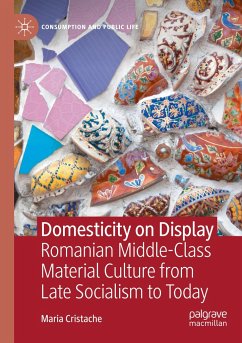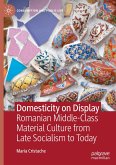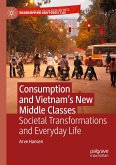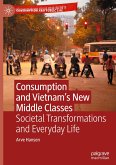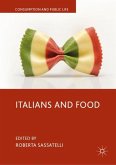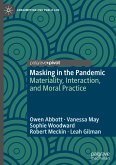This book examines postsocialist transformations reflected in urban middle-class domestic spaces and in museums dedicated to socialism in Romania. It focuses on the significance and circulation of porcelain and crystal sets and ornaments during late socialism and after 1989, following the experiences of consumers, workers in the glassware and porcelain industry, and artists. By tracing the values and temporalities embedded in materiality, the book sheds light on how objects shape daily life in a time of cultural, economic, and social change. Drawing on ethnographic research, the book offers an in-depth analysis of the ambiguous relation between the middle-class and the socialist state, using materiality and consumption to shed light on contradictions between aspirations and resources and between official discourses and everyday practices. The book reveals changes in practices of display, gift exchange, and barter, in the perception and use of time, as well as in gender and inter-generational relations.
This work will be of interest to sociologists, anthropologists and cultural historians, especially researchers interested in consumption, material culture, postsocialism, the anthropology of value and gift, the study of social time, practices of the middle-class, and the history of consumption in Eastern Europe.
This work will be of interest to sociologists, anthropologists and cultural historians, especially researchers interested in consumption, material culture, postsocialism, the anthropology of value and gift, the study of social time, practices of the middle-class, and the history of consumption in Eastern Europe.
"With this study Maria Cristache successfully explains and sheds light on the peculiar means of material culture such as important changes and transformations that occurred in Romanian society during a complex historical period. With an elegant writing style and clear logic of argumentation, Christache provides valuable insights into complicated matters." (Piera Mazzaglia, KULT_online - Review Journal for the Study of Culture, Issue 67, May, 2023)

